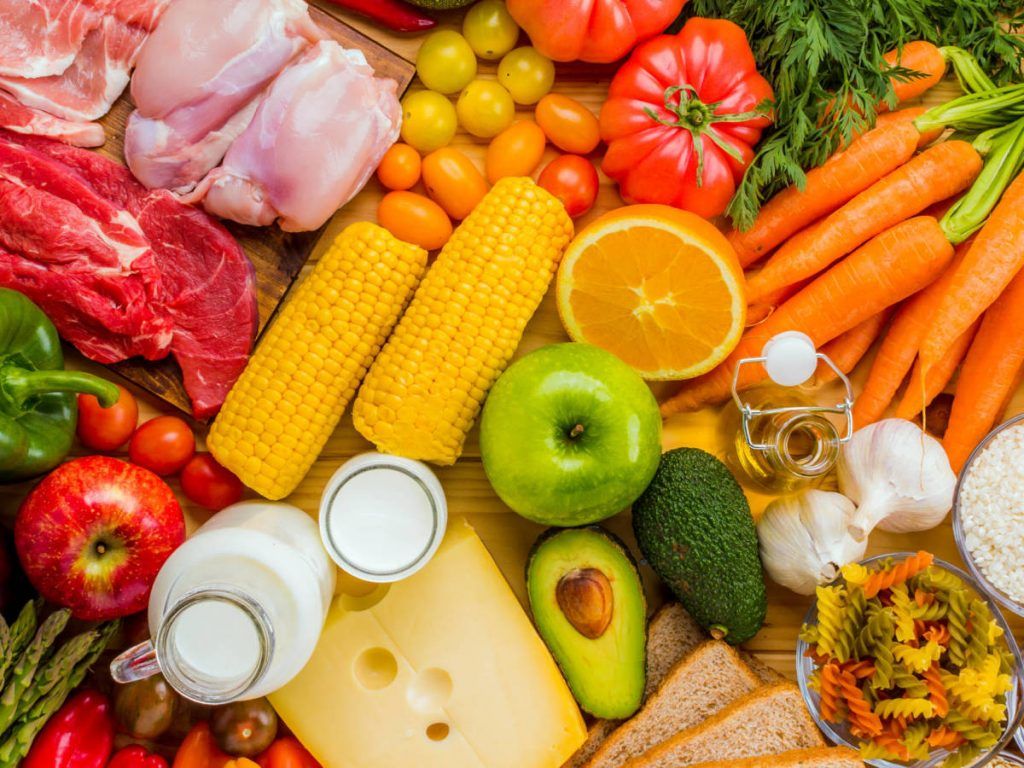In Mexico, 68% of citizens changed their eating habits during the Covid-19 pandemic, according to a recent study by Kantor, a retail consultancy.
Above all, these changes were derived from the general decline in family income and the constant uncertainty about Mexico’s economic recovery.
In 2021, the USDA said, retail consumers focused on value, versatility, convenience, family-size packaging and healthy options.
Thus, consumers prioritized their food expenditures on the essentials, including animal protein, dairy, eggs, fruits and vegetables over snacks.
As a result of the Covid-19 pandemic, many Mexicans have a renewed interest in health and wellness, environmental sustainability, animal welfare practices, and the food safety of meat products.
Eating habits
In many cases, social media directly transmits trends from the United States to Mexico.
According to the USDA, among higher-income consumers, plant-based meat alternatives are a growing area of concern.
In October 2018, DuPont opened a meat application center in Mexico City to refine plant-based protein products for the Latin American market.
However, due to Mexico’s strong culinary association with meat and traditional flavors, plant-based proteins will need to closely resemble the taste, texture, and aromas of conventional animal protein to compete in the retail market.
Additionally, most plant-based meat alternatives are still too expensive for most Mexican households.
Although there is widespread interest among consumers emerging from a post-Covid-19 world seeking healthy food, others are eager to return to enjoying traditional grilled, braised, and fried meat with friends and family at barbecue barbecues. weekends, street stalls and food stalls.
![]()

